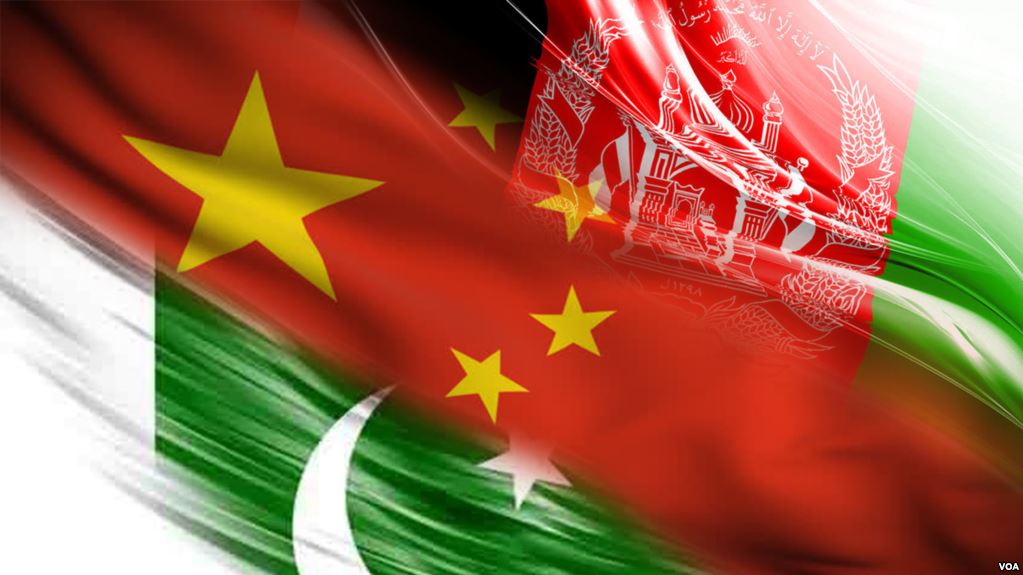Editorial
Pakistan’s recent tragedy, the suicide attack in Besham that claimed the lives of six people, including five Chinese engineers, has ignited a critical examination of the use of Afghan soil in terrorist incidents. The incident occurred on March 26, when an explosive-laden vehicle, parked on the roadside, detonated as a convoy transported Chinese engineers from Islamabad to the Dasu hydroelectric project site in Khyber-Pakhtunkhwa province. This marks the second attack on Chinese workers at the Dasu project, following a similar terrorist strike in July 2021 that killed 13 people, including nine engineers. While no group has officially claimed responsibility for the March 26 attack, preliminary investigations point to a network associated with the banned Tehreek-e-Taliban Pakistan (TTP). Authorities have apprehended suspects based on evidence from the SIM card recovered from the suicide bomber, who is believed to be an Afghan national.
The vehicle used in the attack was non-custom paid and illicitly smuggled into Pakistan through the Chaman border. Intriguingly, the car remained parked for ten days at a petrol station near Shangla before being strategically moved to the attack site on the day the Chinese engineers travelled to the area. Insiders assert that there is little doubt that Afghan soil played a role in the assault on Chinese engineers. Consequently, Pakistan intends to address this matter through diplomatic channels with Afghan authorities. The investigation findings will prompt Pakistan to urge the Taliban government to take decisive action against the group responsible for targeting the Chinese.
To maximize pressure, Pakistan seeks the active involvement of Chinese authorities in raising the issue with Kabul. As the investigations unfold, Islamabad keeps the Chinese informed, recognizing that any established link between the attack and Afghanistan could strain relations between Beijing and Kabul. China, distinct from Pakistan, has cultivated close ties with the Afghan Taliban government, even accepting a full-time Taliban-appointed ambassador—an implicit acknowledgement of the current de facto rulers in Kabul. However, the attack on Chinese nationals, with ties to Afghan soil, may compel Beijing to reevaluate its strategic approach.
Pakistan advocates for a collective approach to combating the terrorist threat, aiming for results that safeguard lives and strengthen international security. The tragic events in Besham underscore the urgency of coordinated efforts to prevent such incidents in the future. However, Pakistan has the integral right to defend itself against all types of terrorism.
Please, subscribe to the YouTube channel of republicpolicy.com

















































